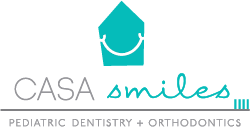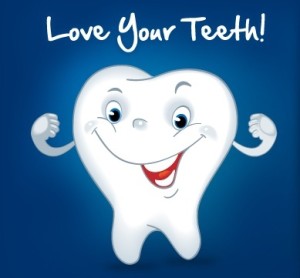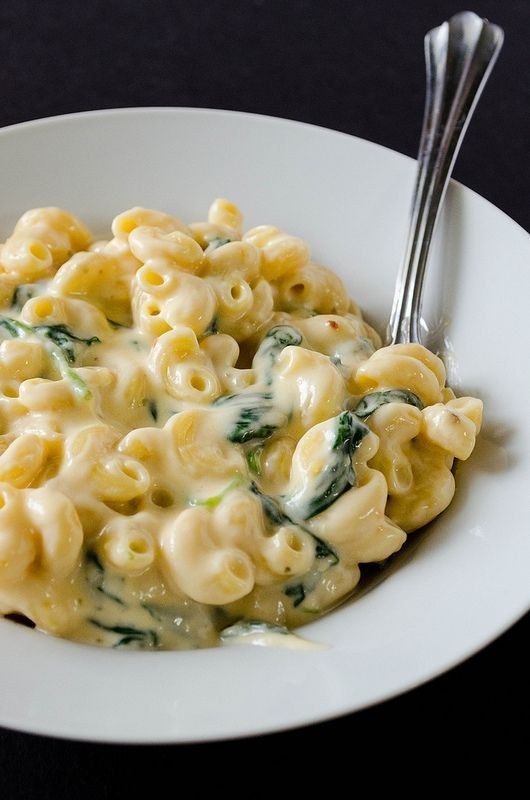Happy “Tooth-Day”!
Farah Flossit here,…hoping you are having a lovely day:)
Today’s special report is to inform you all about what the most recent research has to say regarding the “HPV vaccine” preventing CANCER. Most of you will be visiting your child’s primary care physician before back to school to get your blue & white forms filled out, so it would be an ideal time to ask if, why, & when you child(ren) should be getting the HPV vaccine. Below is just a brief summery that may spark an interest in asking your child’s doctor more about this topic.
According to the (CDC) Centers for Disease Control & Prevention, the number of 13-17 year old boys & girls in the U.S. receiving the human papillomavirus (HPV) vaccine has increased for the second year in a row, but about half of all U.S. adolescents still haven’t received it.
“HPV vaccine prevents cancer,” stated Anne Schuchat, MD, in a CDC release. Dr. Schuchat is the assistant surgeon general & director of CDC’s National Center for Immunization & Respiratory Diseases.
About 27,000 women & men in the U.S. are diagnosed with a cancer caused by HPV infection annually. HPV vaccination could prevent most of theses cancers from developing, the report authors noted (Morbidity & Mortality Weekly Report, July 31, 2015, Vol. 64:29, pp. 784-792). The CDC recommends the vaccine for girls & boys at 11 to 12 years.
The CDC analyzed data on more than 20,800 U.S. adolescents through the 2014 National Immunization Survey-Teen. The latest estimates show that 60% of adolescent girls & 42% of adolescent boys have received one or more doses of HPV vaccine. This was an increase of 3% for girls & 8% for boys from the 2013 survey.
“The large increases in these diverse parts of the country show us it is possible to do much better at protecting our nation’s youth from cancers caused by HPV infections,” Dr. Schuchat stated. “We are missing crucial opportunities to protect the next generation from cancers caused by HPV.”
Here at Casa Smiles we care about the well-being of all of our patients, but because we are Pediatric Dentists, we feel the need to highlight how HPV-realated oral cancers are growing in the U.S. & receiving the vaccine may prevent HPV associated throat cancers.
According to Debbie Saslow, PhD, American Cancer Society director of breast and gynecologic cancer, this is preliminary, but very promising evidence that HPV vaccines might prevent most oral HPV infections, and may also have a significant impact on the prevalence of throat cancer.
Saslow said, “HPV, and particularly HPV-16, is responsible for an increasing proportion of throat cancers. If the vaccine does indeed prevent HPV-associated throat cancers, then it will have a significant impact. HPV-16 is now responsible for over half of all throat cancers, with some estimates at around 70%.”
The data from the new study would still be considered preliminary, according to Saslow, because of the small number of oral HPV infections even in the control group, and the relatively short length of time the women were followed. In addition, the study included only women, while more men get HPV-linked throat cancer. Citation: Reduced Prevalence of Oral Human Papillomavirus (HPV) 4 Years after Bivalent HPV Vaccination in a Randomized Clinical Trial in Costa Rica. Published online July 17, 2013 in PLOS One. First author: Rolando Herrero, PhD, International Agency for Research on Cancer, Lyon, France.er.
Today, I have just provided some basic information with respect to the HPV vaccine, so we encourage you all (Moms & Dads) to find out more from your child’s pediatrician. Ask questions & learn more about why you should be giving your child this vaccine & how it could prevent many types of cancers from developing.
Thank you for tuning in on today’s Happy “Tooth-Day’s” report!
I look forward to chatting with you all next week!
In the meantime, you can follow us on Facebook https://www.facebook.com/casasmilespediatricdentistryandorthodontics?pnref=lhc. Instagram http://instagram.com/casasmiles/, Twitter https://twitter.com/casa_smiles, Yelp http://www.yelp.com/biz/casa-smiles-pediatric-dentistry-and-orthodontics-coral-gables & Pinterest https://www.pinterest.com/casasmiles/ to hear all about our daily news! You can always call or email us with any questions, concerns, to make an appointment, or for a complimentary Ortho Consultation http://www.casasmiles.com/contact-us/.
Your Friend,
Farah Flossit (Special Agent Flossit)
https://www.pinterest.com/pin/338755203195180523/















